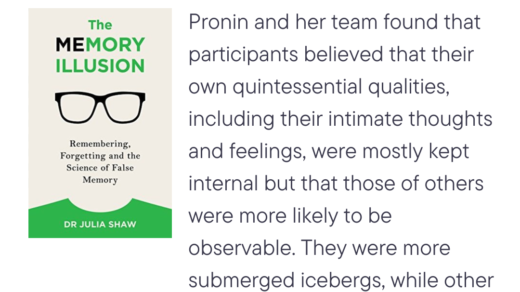It is what it sounds like—leaving time between practice sessions for the same material. You might call it deliberate not-practicing between bouts of deliberate practice. “There’s that eighth-grade classroom followed a typical academic plan over the course of the year, it is precisely the opposite of what science recommends for durable learning—one topic was probably confined to one week and another to the next. Like a lot of professional development efforts, each particular concept or skill gets a short period of intense focus, and then on to the next thing, never to return. That structure makes intuitive sense, but it forgoes another important desirable difficulty: “spacing,” or distributed practice. It is what it sounds like—leaving time between practice sessions for the same material. You might call it deliberate not-practicing between bouts of deliberate practice. “There’s a limit to how long you should wait,” Kornell told me, “but it’s longer than people think. It could be anything, studying foreign language vocabulary or learning how to fly a plane, the harder it is, the more you learn.” Space between practice sessions creates the hardness that enhances learning. One study separated Spanish vocabulary learners into two groups—a group that learned the vocab and then was tested on it the same day, and a second that learned the vocab but was tested on it a month later. Eight years later, with no studying in the interim, the latter group retained 250 percent more. For a given amount of Spanish study, spacing made learning more productive by making it easy to make it hard. It does not take nearly that long to see the spacing effect. Iowa State researchers read people lists of words, and then asked for each list to be recited back either right away, after fifteen seconds of rehearsal, or after fifteen seconds of doing very simple math problems that prevented rehearsal. The subjects who were allowed to reproduce the lists right after hearing them did the best. Those who had fifteen seconds to rehearse before reciting came in second. The group distracted with math problems finished last. Later, when everyone thought they were finished, they were all surprised with a pop quiz: write down every word you can recall from the lists. Suddenly, the worst group became the best. Short-term rehearsal gave purely short-term benefits. Struggling to hold on to information and then recall it had helped the group distracted by math problems transfer the information from short-term to long-term memory. The group with more and immediate rehearsal opportunity recalled nearly nothing on the pop quiz. Repetition, it turned out, was less important than struggle. It isn’t bad to get an answer right while studying. Progress just should not happen too quickly, unless the learner wants to end up like Oberon (or, worse, Macduff), with a knowledge mirage that evaporates when it matters most. As with excessive hint-giving, it will, as a group of psychologists put it, “produce misleadingly high levels of immediate mastery that will not survive the passage of substantial periods of time.” For a given amount of material, learning is most efficient in the long run when it is really inefficient in the short run. If you are doing too well when you test yourself, the simple antidote is to wait longer before practicing the same material again, so that the test will be more difficult when you do. Frustration is not a sign you are not learning, but ease is.
Learning comes from frustration. To really enhance our learning, what we need to do is to inject difficulties in our learning. From this passage, spacing out your practice or learning sessions can be an easy way to make your learning more difficult. If you’ve ever realised that you have forgotten most of the things you learned in school over a short curriculum, it is because the content was mostly stored in your short term memory. Putting in the effort and setting up barriers to master content will allow you to learn for the long term.



